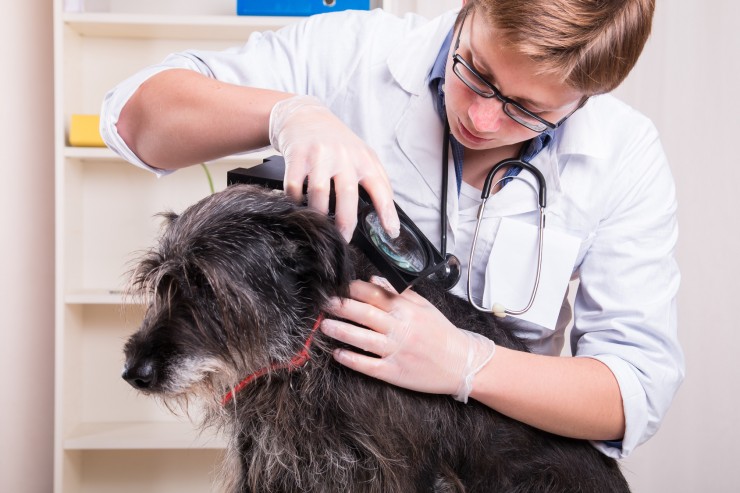
Spaying, neutering, fixing and altering are terms used to describe the one medical procedure every cat needs. The procedure involves removing the sexually functioning parts of your cat. Female cats are spayed; male cats are neutered.
Besides the obvious need to control the number of unwanted stray cats, altering your cat will, in the case of both sexes, make them less territorial and aggressive. Overall, altered cats are better listeners and they also tend to have longer life spans. Some owners think it is best to let a female go into heat, or to even wait until after she has had her first litter of kittens before having her spayed. This is nothing more than an old wives' tale. With millions of unwanted cats destroyed every year and millions more dying from abandonment, there is simply no reason to let your cat bear a litter of kittens.
Some shelters fix kittens as young as two months old but it is best to wait until a kitten is three months or older and weighs at least two pounds. Adult cats should be fixed before the shelter lets you take him home. Keep your cat inside until he is fixed so that he will not contribute to the overpopulation of cats!
Prior to the operation, call around for prices. The quotes for a spaying operation can range from $20 to $175. If your cat eats well, goes to the bathroom normally, and is curious and alert, then he is probably ready to undergo the procedure.
Note your cat's litter box habits. The habits you are observing now should resume within a day after the operation. Do not sign up for declawing due to certain risks that are involved. Some vets recommend declawing the cat "while she is already asleep. Do not get the cat vaccinated at the same time you get the cat spayed or neutered. It is a lot for that little body to take all at once. If your cat is pregnant when it is spayed, the veterinarian will abort the kittens.
After the operation: Unless complications arise, there is no reason to keep the cat at the veterinarian's overnight. Arrange to pick him up late in the afternoon, when he has had time to come out of the anesthesia. When the cat comes home from surgery, put him in a quiet room with a bowl of water, a soft warm bed, a litter box, gentle music and a night light. He will probably just sleep the first night, but he might welcome some chicken broth and a little company.
Keep his activities low-key for two or three days after the surgery. Do not entice him into heavy running, jumping or playing. Keep him indoors for one to two weeks after the surgery so the stitches can heal and to lessen the chance of infection in the surgical area. During this period, closely monitor his appetite, temperature, litter box habits and disposition.
Any abnormality could be a sign of infection. Consult the vet immediately if you notice anything unusual. Kittens are especially susceptible to post-operative complications, so monitor their food and fluid intake closely. Some veterinarians tell owners to discourage their cats from licking their genitals for a few days. Your vet will also give you a list of post-operative care instructions.
 Learn to How to Control the Aggressive Behavior of Dogs!
Learn to How to Control the Aggressive Behavior of Dogs!
Learn to How to Control the Aggressive Behavior of Dogs!
Learn to How to Control the Aggressive Behavior of Dogs!
 Six Flea And Tick Myths Debunked
Six Flea And Tick
Six Flea And Tick Myths Debunked
Six Flea And Tick
 For affordable pet boarding services contact the leading company
For affordable pet boarding services contact the leading c
For affordable pet boarding services contact the leading company
For affordable pet boarding services contact the leading c
 All About The Pastoral Dog Group
All About The Pas
All About The Pastoral Dog Group
All About The Pas
 Tips for Buying the Best Dog Lead
Tips for Buying the Best Dog Lead
Your dog is
Tips for Buying the Best Dog Lead
Tips for Buying the Best Dog Lead
Your dog is
Copyright © 2005-2016 Pet Information All Rights Reserved
Contact us: www162date@outlook.com